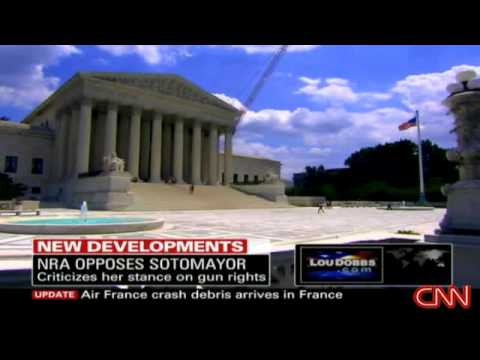Overview of the constitutional provisions in Rhode Island
Rhode Island, a state in the New England region of the United States, has a long history intertwined with the right to bear arms. The state’s constitution, which serves as the fundamental law of the land, outlines the rights and liberties granted to its residents. Within the Rhode Island state constitution, specific provisions address the right to bear arms.
Historical context: The Second Amendment and its interpretation
The right to bear arms finds its roots in the Second Amendment of the United States Constitution. This amendment, passed in 1791, states, "A well-regulated Militia, being necessary to the security of a free State, the right of the people to keep and bear Arms, shall not be infringed." The interpretation of the Second Amendment has been a subject of debate and has evolved over time.
Rhode Island’s stance on gun control regulations
Rhode Island has taken a unique stance on gun control regulations. The state has implemented measures aimed at striking a balance between public safety and individual gun rights. These measures include background checks for all firearm sales and transfers, extreme risk protection orders, and restrictions on the purchase and possession of firearms by individuals convicted of domestic violence offenses.
Analysis of the Rhode Island state constitution
The Rhode Island state constitution, in Article I, Section 22, explicitly guarantees the right of its citizens to keep and bear arms for self-defense, hunting, and recreation. However, like most constitutional rights, this right is not absolute and is subject to reasonable regulation by the state government. The state has the authority to pass laws that ensure public safety while respecting the Second Amendment.
Comparing Rhode Island’s gun laws to federal legislation
Rhode Island’s gun laws often go beyond the minimum requirements set by federal legislation. For example, while federal law requires background checks for purchases from licensed dealers, Rhode Island extends this requirement to include all firearm sales and transfers, regardless of the seller.
Examining the interpretation of the Second Amendment in courts
Courts have played a crucial role in shaping the interpretation of the Second Amendment in Rhode Island. Over the years, the state’s courts have upheld the right to bear arms while allowing for reasonable restrictions. The courts have recognized that the state has a compelling interest in protecting public safety and can regulate firearms to achieve this goal.
Challenges to Rhode Island’s gun laws and their outcomes
Rhode Island’s gun laws have faced challenges from various interest groups seeking to expand or restrict gun rights. These challenges have resulted in legal battles, with courts ultimately deciding the outcomes. In some cases, gun control measures have been upheld, while in others, certain restrictions have been deemed unconstitutional.
The role of the state legislature in shaping gun regulations
The Rhode Island state legislature plays a crucial role in shaping gun regulations. It has the power to pass laws that establish requirements for firearm ownership, possession, and use. The legislature must carefully consider the balance between individual rights and public safety when crafting and amending gun control laws.
Public opinion on the right to bear arms in Rhode Island
Public opinion on the right to bear arms in Rhode Island is diverse and reflects the broader national debate on gun control. While some residents advocate for stricter regulations to enhance public safety, others staunchly defend their Second Amendment rights. The opinions of Rhode Islanders play a significant role in shaping the state’s gun control policies.
Rhode Island’s approach to balancing public safety and gun rights
Rhode Island has made efforts to strike a balance between public safety and gun rights. The state recognizes the importance of protecting its citizens from gun violence while respecting the constitutional rights of individuals to bear arms. By implementing measures such as background checks and restrictions on certain individuals, Rhode Island aims to ensure responsible firearm ownership without impeding the rights of law-abiding citizens.
Future prospects: Potential changes in Rhode Island’s gun laws
The future of Rhode Island’s gun laws remains uncertain. As public opinion, court interpretations, and societal dynamics continue to evolve, the state may see changes in its approach to gun control regulations. Factors such as high-profile incidents of gun violence, shifts in political climate, and advancements in technology could potentially lead to amendments to existing laws or the introduction of new legislation. The ongoing conversation surrounding gun rights and public safety will undoubtedly shape the future of Rhode Island’s gun laws.





